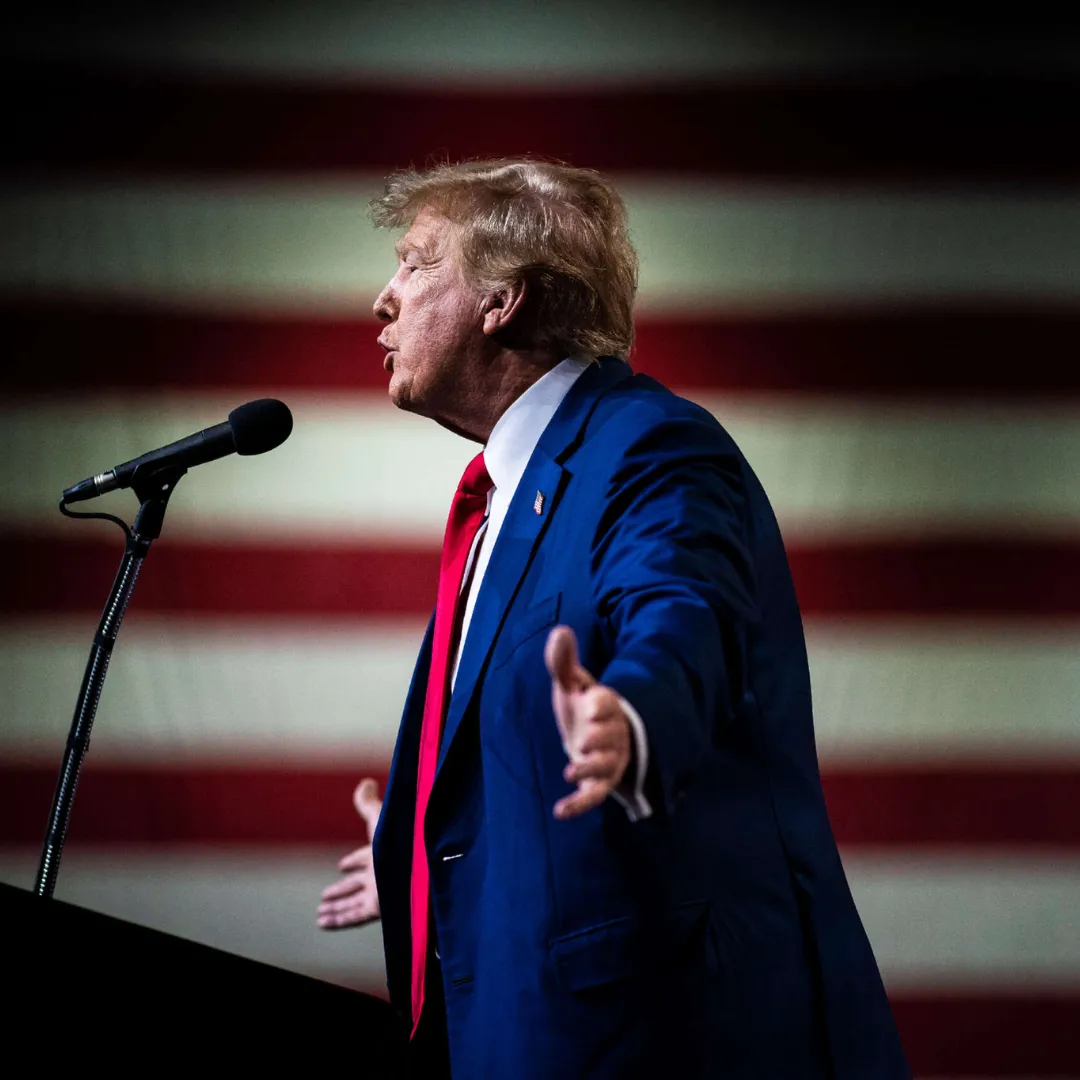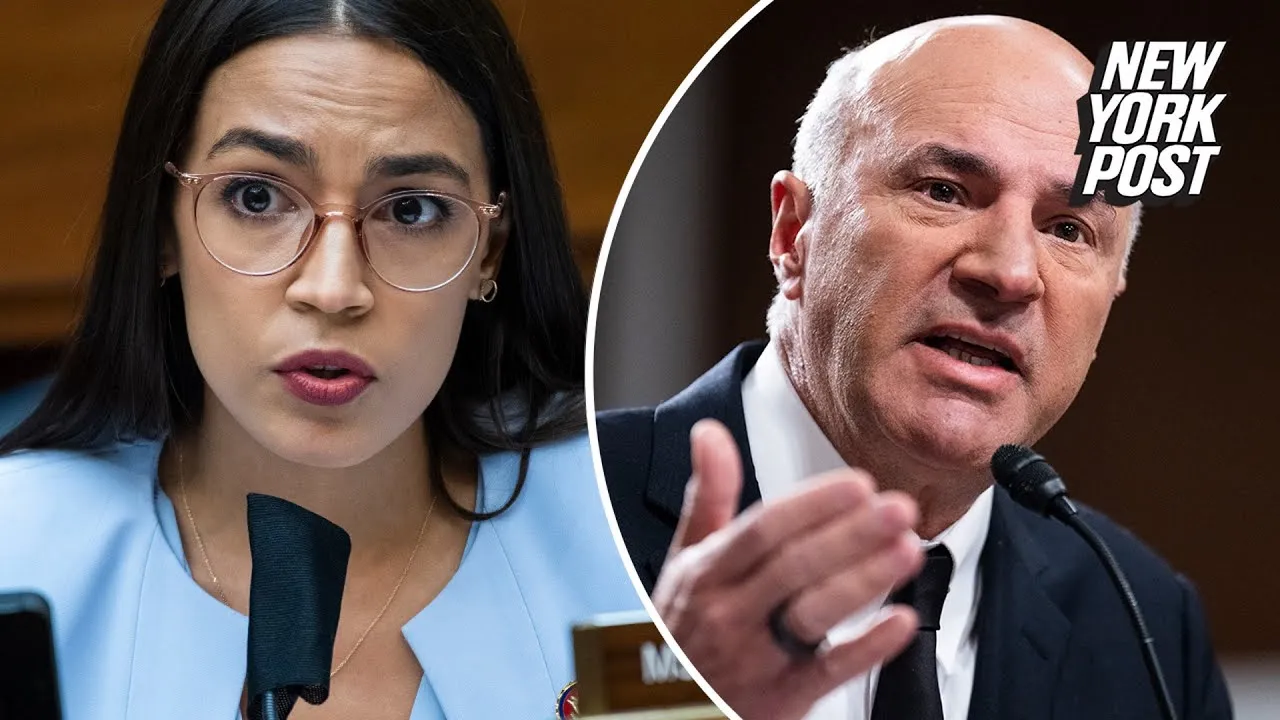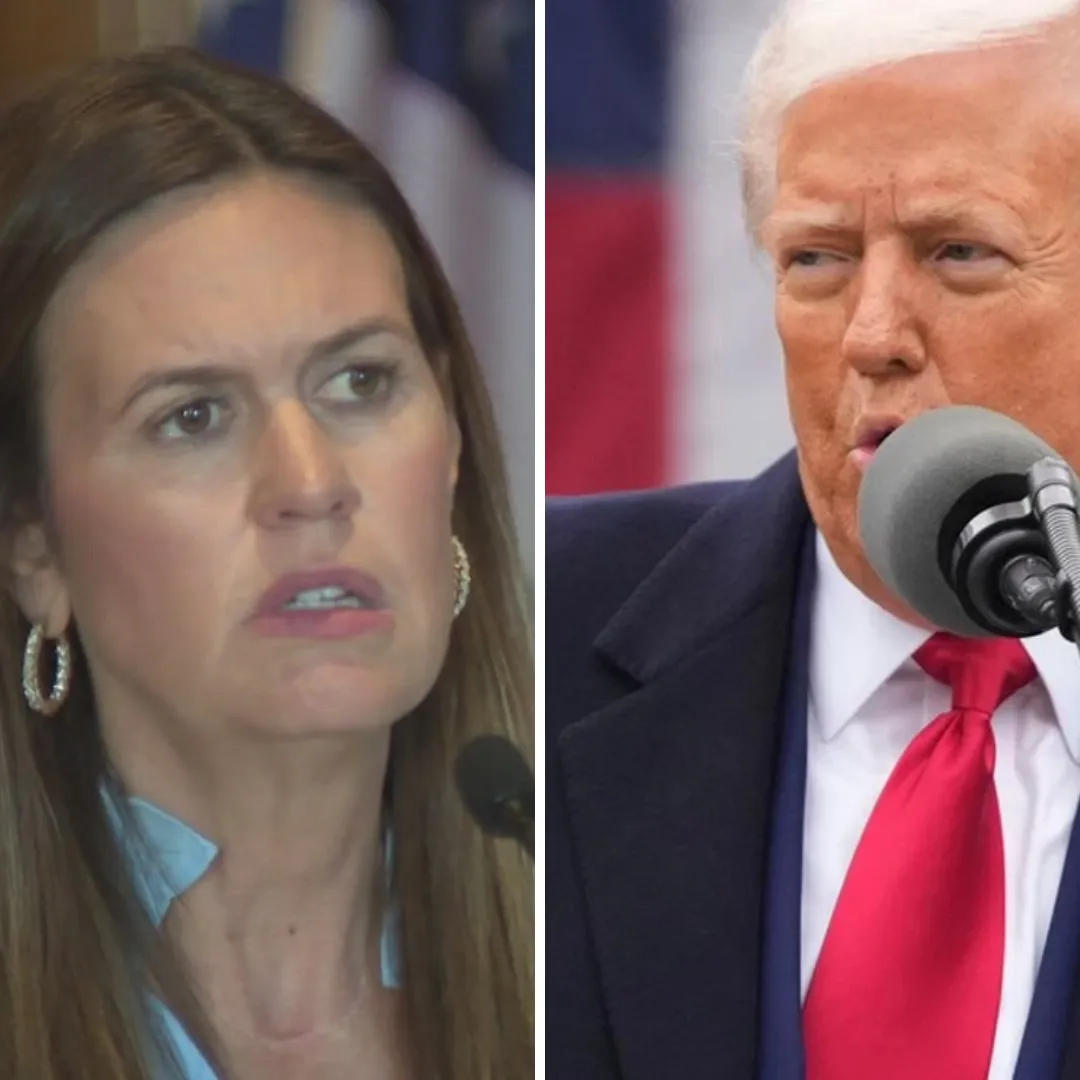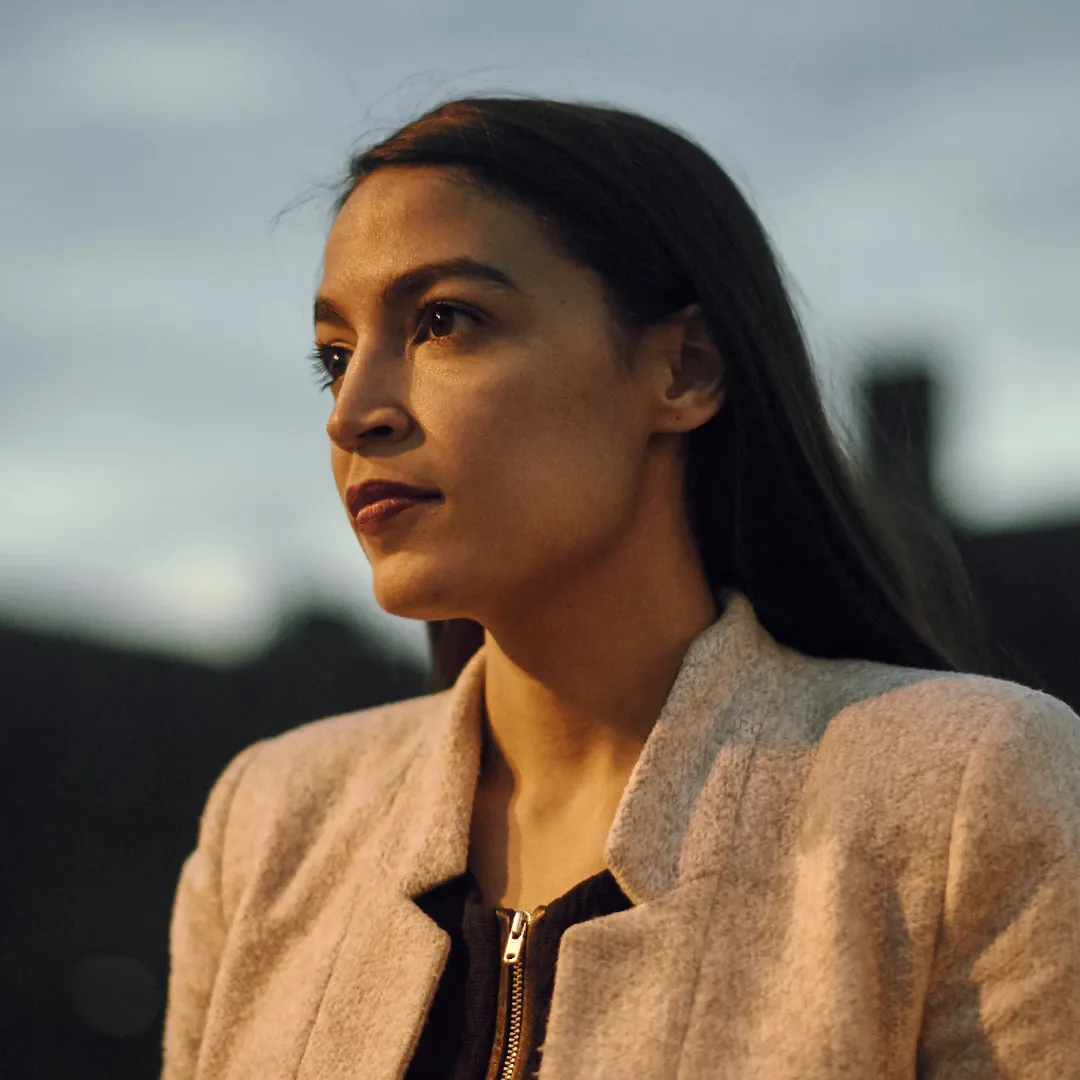
President Trump sparked debate on Friday after he revealed that he loves the "concept" of raising taxes on the wealthy to fund his proposed policy initiatives.
In a candid interview with Time magazine, Trump discussed his first 100 days in office and was asked about a proposal floated by some Republicans to increase taxes on millionaires in order to offset the cost of extending tax cuts, along with new cuts he had campaigned on.
Although he voiced a strong affinity for the idea, Trump acknowledged that it may not be “acceptable to the public.” He admitted that the concept of taxing the wealthy to finance policy proposals could be politically risky.
“It doesn’t make that much difference, and yet, I could just see somebody trying to bring that up as a subject, and, you know, say, ‘Oh, he raised taxes.’ Well, I wouldn’t be, really, you know, in the true sense, I wouldn’t,” Trump explained. “I’d be raising them on wealthy to take care of middle class.”
Despite his enthusiasm for the concept, Trump expressed caution about its potential political fallout. “I love that. I actually love the concept, but I don’t want it to be used against me politically, because I’ve seen people lose elections for less, especially with the fake news,” he added.
Trump’s comment underscores his concern that such a tax proposal could be weaponized against him by political opponents, particularly in an environment where media coverage often casts his policies in a negative light.
When asked whether a tax increase on the wealthy could help cover the cost of proposals like eliminating taxes on tipped wages, overtime wages, and Social Security, Trump reiterated that he "would not mind personally paying more" in taxes. However, he clarified that while he personally would be open to paying more, he understood that the idea might not be well received by the general public.
“But the concept is something that may not be acceptable to the public,” he said, acknowledging the potential pushback from voters who oppose any tax increases.
Trump also addressed concerns about the potential consequences of raising taxes on millionaires, predicting that it could lead to an exodus of wealthy individuals from the country. “It would be very disruptive, because a lot of the millionaires would leave the country,” Trump remarked, referencing the ease with which wealthy individuals can relocate in today’s globalized world.
“Now with transportation so quick and so easy, they leave countries,” he added, suggesting that high tax rates could prompt affluent individuals to seek more favorable tax environments abroad.
Republicans have been exploring the idea of implementing a top tax bracket of roughly 40 percent on income above $1 million as part of discussions surrounding the reconciliation package they are crafting. This proposal marks a departure from traditional GOP tax policy, which typically favors lower taxes for high-income earners.
Not all members of the party are on board with such a move, and there is debate within Republican circles about whether raising taxes on the wealthy could ultimately be politically damaging or beneficial in the long term.
The proposal to increase the top marginal tax rate is seen as a significant policy shift, as it would bring the rate close to the pre-2017 level of 39.6 percent. Under the 2017 tax law, the top rate was reduced to 37 percent, which applies to households making at least $609,351.
If Republicans do not pass an extension of Trump’s previous tax cuts by the end of the year, the tax rate will automatically revert to the pre-2017 level.
The debate over whether to raise taxes on the wealthy comes at a time when the country is grappling with significant economic challenges, including rising inequality and a growing national debt.
Critics of the current tax system argue that the wealthy are not paying their fair share and that increasing taxes on the rich would help address these disparities. Proponents of lower taxes, on the other hand, contend that tax hikes on the wealthy could stifle economic growth and lead to capital flight.

The discussion about taxing the wealthy is also part of a broader conversation about the future of the U.S. tax system and how it can be restructured to address the nation’s economic needs.
While Trump has expressed a willingness to explore higher taxes on millionaires, his comments reflect the delicate balancing act he faces as he navigates the complex political landscape.
On one hand, he must consider the potential benefits of such a tax policy in terms of funding his proposed initiatives, while on the other hand, he must weigh the political risks and public opposition that such a proposal might generate.
Trump’s remarks highlight the tension within the Republican Party over tax policy and the future direction of economic governance. While some Republicans are open to discussing tax increases, particularly on the wealthy, others remain steadfast in their opposition to any form of tax hike.
This division within the party reflects broader ideological differences about the role of government in the economy and the best way to achieve long-term fiscal stability.
As the debate over tax policy continues, Trump’s comments may influence the direction of future tax reforms, both within his administration and beyond.
If the idea of raising taxes on the wealthy gains traction among Republicans, it could signal a shift in the party’s stance on fiscal policy and open the door to more progressive tax measures in the future.
However, if the proposal is rejected, it could reinforce the GOP’s commitment to lower taxes and limited government intervention in the economy.
In the meantime, the question of how to balance fiscal responsibility with the need for government investment in areas such as healthcare, infrastructure, and education remains a central issue in American politics.
As the Trump administration continues to shape the national conversation around taxes and economic policy, it will be interesting to see how this issue develops and whether a consensus can be reached on the best path forward.
For now, the debate over taxing the wealthy and the broader direction of U.S. tax policy remains unsettled, with many political observers awaiting further clarification from Trump and Republican lawmakers on their plans for tax reform.
Whether or not a tax increase on millionaires will become a central part of the GOP’s legislative agenda will depend on how the political landscape evolves in the coming months and years.





